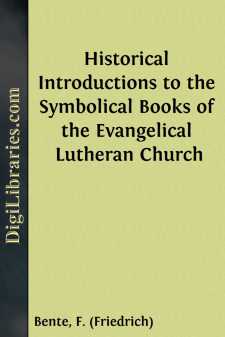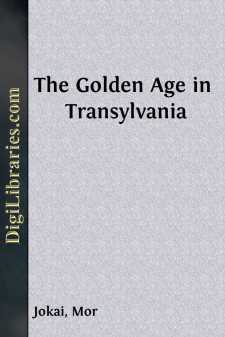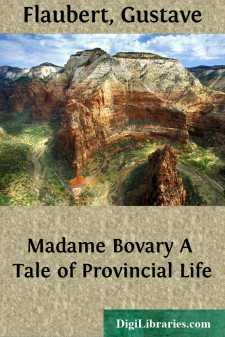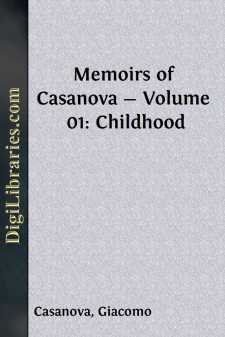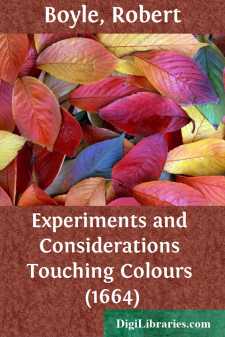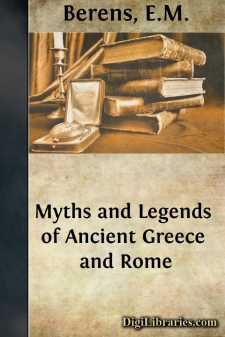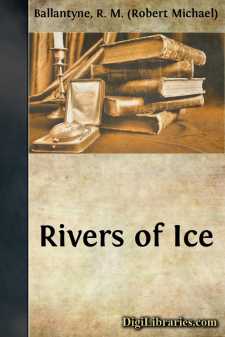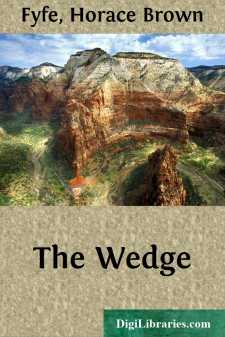Categories
- Antiques & Collectibles 13
- Architecture 36
- Art 48
- Bibles 22
- Biography & Autobiography 813
- Body, Mind & Spirit 142
- Business & Economics 28
- Children's Books 17
- Children's Fiction 14
- Computers 4
- Cooking 94
- Crafts & Hobbies 4
- Drama 346
- Education 46
- Family & Relationships 57
- Fiction 11829
- Games 19
- Gardening 17
- Health & Fitness 34
- History 1377
- House & Home 1
- Humor 147
- Juvenile Fiction 1873
- Juvenile Nonfiction 202
- Language Arts & Disciplines 88
- Law 16
- Literary Collections 686
- Literary Criticism 179
- Mathematics 13
- Medical 41
- Music 40
- Nature 179
- Non-Classifiable 1768
- Performing Arts 7
- Periodicals 1453
- Philosophy 64
- Photography 2
- Poetry 896
- Political Science 203
- Psychology 42
- Reference 154
- Religion 513
- Science 126
- Self-Help 84
- Social Science 81
- Sports & Recreation 34
- Study Aids 3
- Technology & Engineering 59
- Transportation 23
- Travel 463
- True Crime 29
Sort by:
Book of Concord, or Concordia, is the title of the Lutheran corpus doctrinae, i.e., of the symbols recognized and published under that name by the Lutheran Church. The word symbol, sumbolon, is derived from the verb sumballein, to compare two things for the purpose of perceiving their relation and association. Sumbolon thus developed the meaning of tessara, or sign, token, badge, banner, watchword,...
more...
by:
Mor Jokai
CHAPTER IA HUNTING PARTY IN THE YEAR 1666 Before we cross the Kiralyhago, let us cast a parting glance at Hungary. I will unroll before your eyes a scene, partly the result of an adverse fate, partly of a dark mystery, representing joy and also deep sorrow. An incident of a moment becomes the turning-point of a whole century. My soul is saddened by the images thus conjured up; the figures out of the...
more...
by:
C. C. MacApp
It all began when the new bookkeeping machine of a large Midwestern coffin manufacturer slipped a cog, or blew a transistor, or something. It was fantastic that the error—one of two decimal places—should enjoy a straight run of okays, human and mechanical, clear down the line; but when the figures clacked out at the last clacking-out station, there it was. The figures were now sacred; immutable;...
more...
by:
Gustave Flaubert
CRITICAL INTRODUCTION Domi mansit, lanam fecit: "He remained at home and wrote," is the first thing that should be said of Gustave Flaubert. This trait, which he shares with many of the writers of his generation,—Renan, Taine, Leconte de Lisle and Dumas fils,—distinguishes them and distinguishes him from those of the preceding generation, who voluntarily sought inspiration in disorder and...
more...
by:
Allan Hoben
CHAPTER I THE CALL OF BOYHOOD The Christian apologetic for today depends less upon the arguments of speculative theology and the findings of biblical science than upon sociological considerations. The church is dealing with a pragmatic public which insists upon knowing what this or that institution accomplishes for the common good. The deep and growing interest in social science, the crying needs that...
more...
by:
Giacomo Casanova
The Memoirs of Casanova, though they have enjoyed the popularity of a bad reputation, have never had justice done to them by serious students of literature, of life, and of history. One English writer, indeed, Mr. Havelock Ellis, has realised that 'there are few more delightful books in the world,' and he has analysed them in an essay on Casanova, published in Affirmations, with extreme care...
more...
by:
Robert Boyle
CHAP. I. 1have seen you so passionately addicted, Pyrophilus to the delightful Art of Limning and Painting, that I cannot but think my self obliged to acquaint you with some of those things that have occurred to mee concerning the changes of Colours. And I may expect that I shall as well serve the Virtuosi in general, as gratifie you in particular, by furnishing a person, who, I hope, will both improve...
more...
by:
E.M. Berens
PART I.—MYTHS. INTRODUCTION. Before entering upon the many strange beliefs of the ancient Greeks, and the extraordinary number of gods they worshipped, we must first consider what kind of beings these divinities were. In appearance, the gods were supposed to resemble mortals, whom, however, they far surpassed in beauty, grandeur, and strength; they were also more commanding in stature, height being...
more...
The Rover’s Return. On a certain summer morning, about the middle of the present century, a big bluff man, of seafaring aspect, found himself sauntering in a certain street near London Bridge. He was a man of above fifty, but looked under forty in consequence of the healthful vigour of his frame, the freshness of his saltwater face, and the blackness of his shaggy hair. Although his gait, pilot-cloth...
more...
When the concealed gong sounded, the man sitting on the floor sighed. He continued, however, to slump loosely against the curving, pearly plastic of the wall, and took care not to glance toward the translucent ovals he knew to be observation panels. He was a large man, but thin and bony-faced. His dirty gray coverall bore the name “Barnsley” upon grimy white tape over the heart. Except at the...
more...


